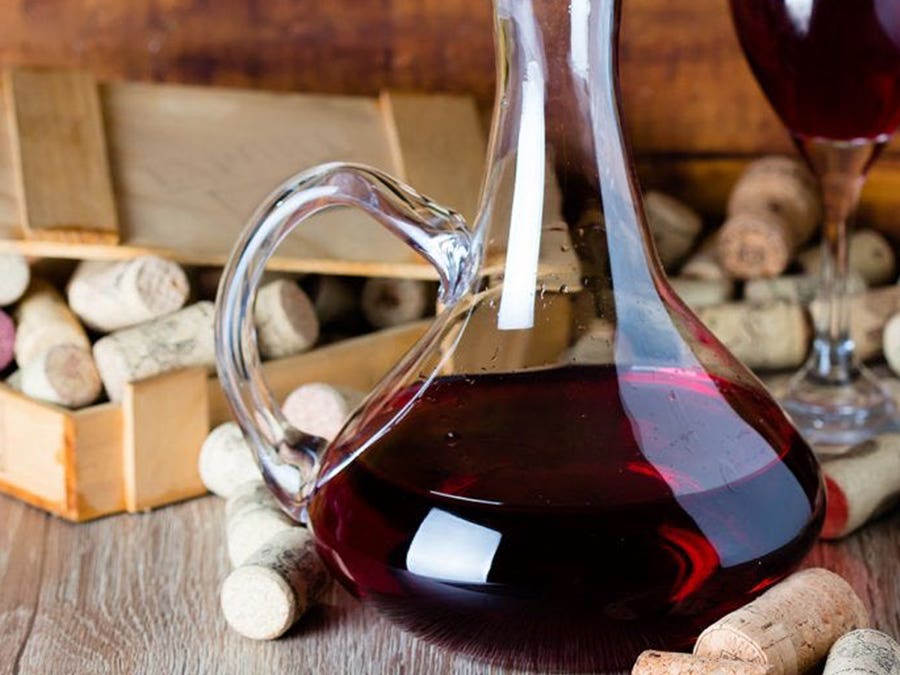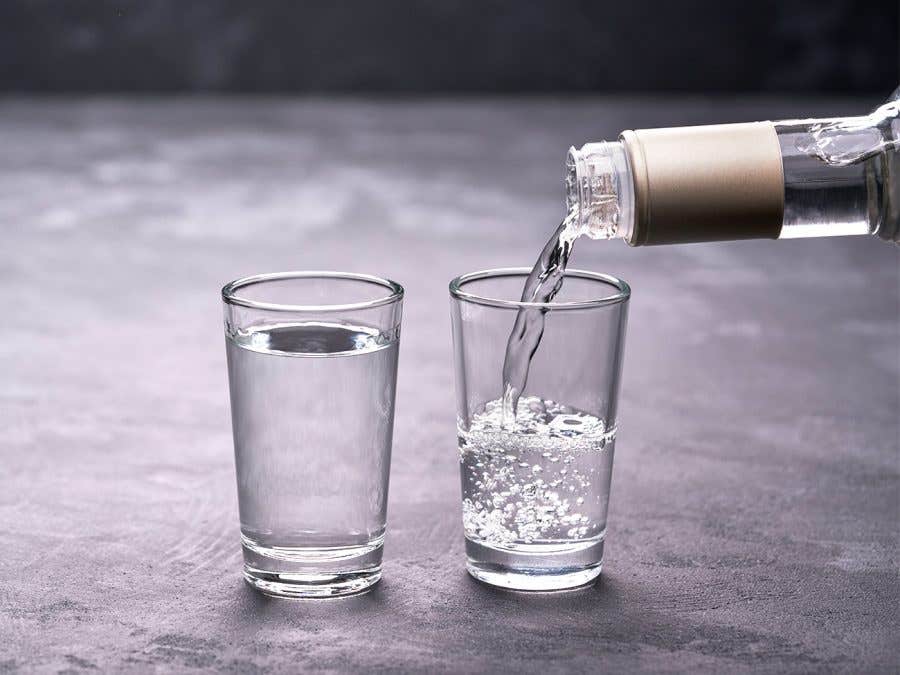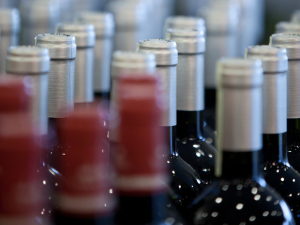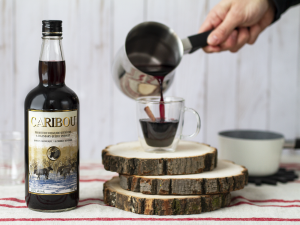Using a decanter has a lot of advantages! It allows young wines to develop and reveal their aromas, and removes any “reduced” notes—those volatile aromas reminiscent of venison, sulphur or even an old cellar. Reduced notes are simply the result of a lack of contact with oxygen, and should not be confused with other faults such as cork taint, for example. Young wines will always benefit from time spent in a decanter, since the risk of ruining the wine is practically zero for both whites and reds!
How long should wines spend in the decanter?
In general, one or two hours is sufficient for the wine to breathe. However, in some cases four to six hours will heighten a wine’s qualities, particularly for really great wines, for example like a young Barolo. Don’t hesitate to experiment with decanting by sampling a glass when the wine is first decanted and noting your impressions, then comparing those impressions with another glass once the wine has rested and aerated for a few hours. Remember that wine is a living thing—it evolves!
Decanting older wines
The decanter’s shape relates to the qualities you expect from the final product. Thus, decanters should be narrower (as for most red wines), therefore sediment transferring to your glass can be avoided. Be smooth when decanting! Wine should be transferred in a single, steady action to avoid stirring up deposits left at the end of the bottle, which should remain there—not in you glass. It’s best to leave the bottle in an upright position for one or two days before decanting the wine.
A few extra tips
Like your glassware, your decanter should always be as clean as possible, not just for the sake of appearances but to avoid contaminating your wine.
A drying stand is a practical tool that allows the decanter to drain properly after rinsing, which will reduce staining and the risk of mould formation. Over time, you’ll notice that tannins may affect the glass’ lustre. To bring the shine back to your decanter, some swear by a mix of water, coarse salt and white vinegar, but a denture cleaning tablet (like Polident) with a bit of water will do miracles—and your decanter will be shining like a new penny in a few hours’ time.
Related Posts
-
Read more
Its versatility has made it one of the most popular spirits in the world. Vodka lovers, learn more about its origins, traditions, and possible food and drink pairings.
-
Read more
Start the new year on the right foot with our Top 20 wines taken from four wine guides written by your favourite contributors. Whatever your taste, budget, or occasion, we have a wine for you!
-
Read more
Pop the bubbly and discover the perfect pairings for each taste tag!
 Free in-store delivery with purchases of $75+ in an estimated 3 to 5 business days.
Free in-store delivery with purchases of $75+ in an estimated 3 to 5 business days.













